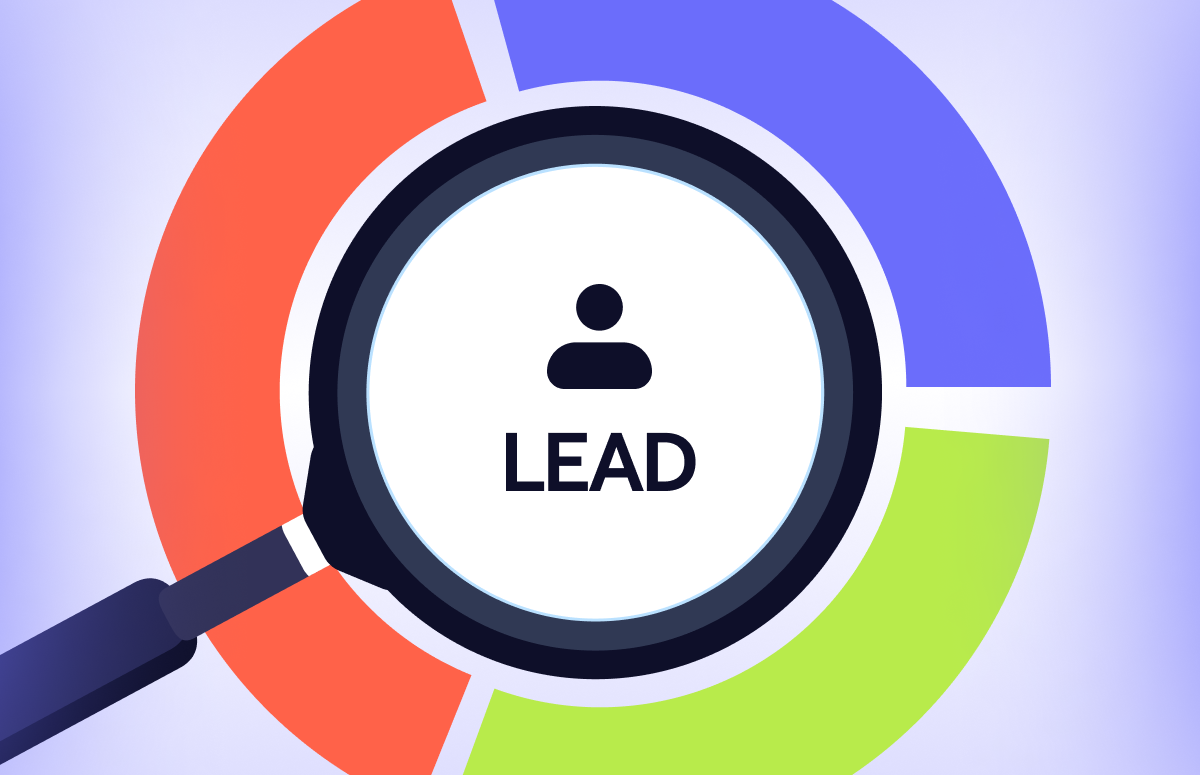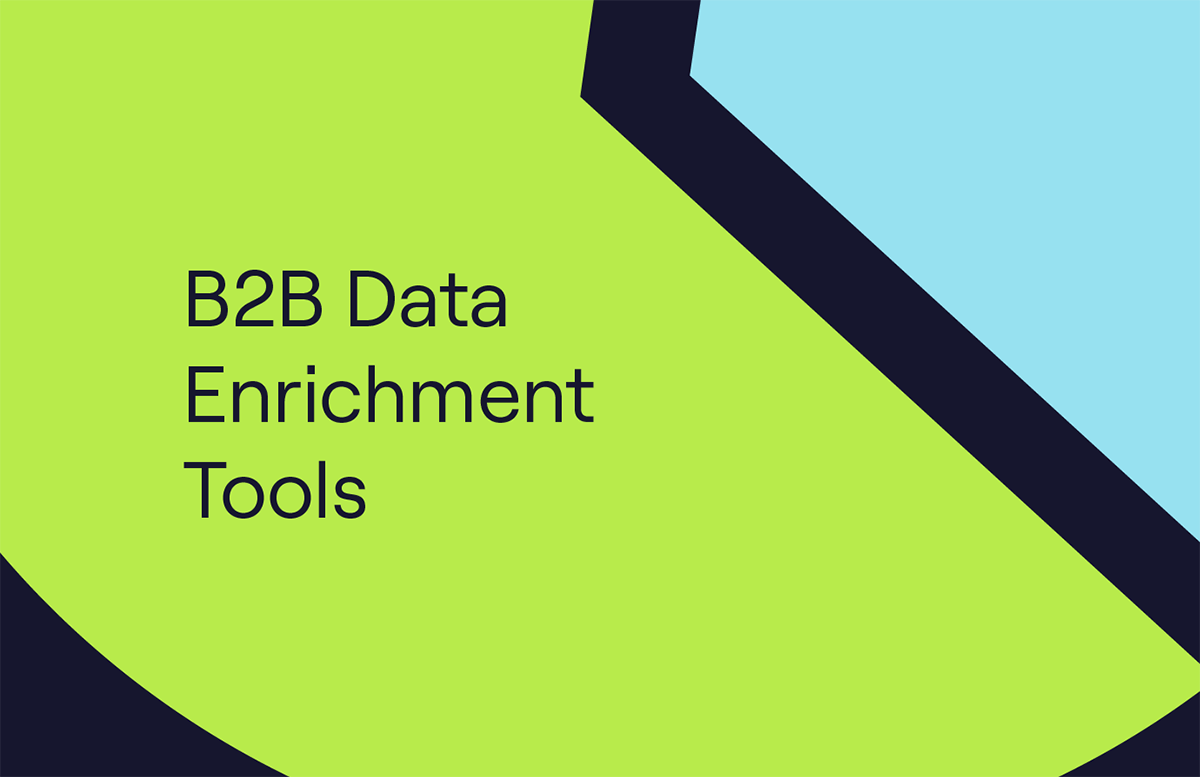Clay Enrichment: What You Need to Know (+ Best Alternative)
AI-driven data enrichment has quickly become a staple in modern go-to-market (GTM) teams. Among the tools gaining traction is Clay enrichment, a flexible platform designed for RevOps engineers to stitch together enrichment waterfalls from multiple sources.
But here’s the reality:
Clay was built for ops, not sales. It requires technical expertise, constant maintenance, and a credit system that might cost you more than you initially intended.
In this guide, we’ll cover:
- What Clay enrichment is and how it works.
- Pros and cons of using Clay.
- How Clay compares to Cognism for speed, accuracy, and compliance.
- Why revenue teams often choose Cognism as their enrichment solution.
TL;DR
🚨 Clay = ops. Cognism = sales.
✔️ Cognism delivers compliant, phone-verified data without the credit burn.
Clay enrichment is a flexible automation platform built for RevOps engineers.
While it connects 100+ providers and supports waterfall enrichment, it may have a steep learning curve and unpredictable credit costs.
While Clay is CCPA and GDPR compliant, the third-party vendors used for waterfall enrichment may not be.
For B2B sales teams that need fast, compliant, and scalable enrichment, Cognism is an excellent alternative.
It offers Diamond Data® (phone-verified mobiles), predictable pricing, GDPR/CCPA compliance, and plug-and-play simplicity that drives revenue faster.
What is Clay enrichment?
Clay enrichment refers to the process of enhancing contact and company data using the Clay platform. Clay combines thousands of data sources and integrates with tools like Lusha, Apollo, Clearbit, and Snov.io to enrich leads at scale.
Users can build automated workflows (known as “recipes”) using AI agents that trigger specific actions based on enriched data.
This includes:
- Email finding and verification.
- Enriching with firmographic or technographic data.
- AI outreach based on enriched insights.
It’s a powerful tool, but it wasn’t designed with salespeople in mind.
Clay requires technical knowledge of API keys, credit management, and workflow logic. Non-technical SDRs and AEs may struggle to extract value without RevOps intervention.
How does Clay enrichment work?
Clay works by pulling data from multiple data providers and applying enrichment “waterfalls” to improve contact coverage.
For example, if one vendor doesn’t return a mobile number, Clay can cascade the request to another.
Everyday use cases include:
- Lead enrichment: filling in missing fields for prospects.
- Waterfall enrichment: using multiple data vendors to maximise coverage.
- Workflow automation: sending enriched data into CRMs or sequences.
- AI-assisted outreach: generating messaging or routing based on enriched data.
While this sounds great on paper, there are quite a few issues with using a waterfall enrichment method, which we’ll explain in detail next. 👇
Pros and cons of Clay enrichment
| Pros | Cons |
| ✔️ Connects with 100+ enrichment sources | ❌ Steep learning curve |
| ✔️ Flexible workflow automation | ❌ Unpredictable costs |
| ✔️ Useful for technical RevOps teams | ❌ Compliance risks |
| ✔️ Supports AI agents for GTM tasks | ❌ Fragmented adoption |
While Clay is flexible and powerful, its enrichment data quality depends entirely on the third-party tools you plug in. That creates three significant limitations:
- Data quality is inconsistent: You’re pulling from vendors like Apollo or Clearbit, each with different levels of accuracy. Clay moves to the next if one fails. This is known as waterfall enrichment, and while useful, it’s still a patchwork.
- You pay for more than just Clay: Many integrations require subscriptions (e.g. LinkedIn Premium, Apollo Pro, Dropcontact), which means you’re stacking tools and costs.
- No native data ownership: Clay doesn’t own any of its data, which makes it harder to guarantee compliance, accuracy, and freshness, especially at scale.
Clay enrichment vs Cognism
Here’s how Clay compares to Cognism for enrichment and revenue enablement:
Bottom line: Clay shines for technical teams building custom workflows. But for sales prospecting, compliance, and global mobile coverage, it’s best to test Cognism.
Click here for a deep dive into Cognism vs Clay.
Director of Revenue Operations @Openprise
Clay enrichment pricing vs Cognism pricing
Clay’s pricing is flexible, but it may become confusing.
You pay for access to the Clay platform and potentially more for every third-party tool you connect (like Apollo, Dropcontact, or Wiza).
This means:
- Variable pricing depending on your setup.
- Hidden costs for enrichment tools.
- Additional charges for OpenAI usage in AI agents.
Clay’s enrichment model is built on credits. Each data point costs a certain number of credits, but not all providers charge the same.
For example, Clay’s “Find Mobile Number” might start at just 2 credits, but depending on the provider, it can jump to:
- 5 credits (People Data Labs).
- 15 credits (ContactOut).
- 25 credits (Datagma).
Resulting in credit usage (and costs) varying wildly depending on how workflows are configured.
While this flexibility is attractive to technical teams, it creates challenges for sales leaders who need predictability, compliance, and speed.
Automations can burn through credits even faster, especially when waterfall enrichment cascades into higher-cost providers.
Cognism, on the other hand, offers transparent pricing with no stacking required.
You get:
- A full enrichment platform under one contract.
- Unlimited workflows without extra vendor costs.
- Compliance and accuracy are built into the price.
You don’t have to worry about cascading credit costs or hidden API fees.
Users can access verified mobiles, emails, and signal data without credit restrictions.

Head of Cloud Sales @Ultima

Why revenue teams choose Cognism over Clay
Clay is powerful for RevOps engineers who love building workflows. But most revenue teams don’t have months to test enrichment sources, troubleshoot APIs, or juggle credit costs.
Cognism removes that burden. We give your team:
- Faster time to revenue with ready-to-contact data.
- Predictable costs without surprise API charges.
- Global compliance trusted by enterprise InfoSec teams.
- Sales enablement tools like Sales Companion for Chrome and mobile-first prospecting.
So why should you choose Cognism over Clay?
Choose Cognism if:
- Data accuracy and compliance are critical to your GTM strategy.
- You want enrichment without having to manage multiple tools.
- Your team needs a scalable solution for international outreach.
- You want better coverage and verified mobile numbers across EMEA.
- You’re tired of unreliable, stitched-together workflows.
Choose Clay if:
- You’re an early-stage team looking to experiment with AI workflows.
- You’re comfortable managing multiple tool subscriptions.
- You prioritise workflow flexibility.

Managing Director @Mollie

Conclusion: Clay enrichment is smart, but Cognism is smarter
Clay is great at connecting tools. But when it comes to enrichment, Cognism beats Clay where it counts: accuracy, compliance, and coverage.
If your team is serious about revenue generation and you need a reliable data enrichment solution, Cognism is a winner.
No patching together tools. No compromises on compliance. Just accurate, actionable data, when and where you need it.
If you’re a larger organisation, Cognism can fully scale your GTM data as a managed service through DaaS. Onboarding experts are available to guide you from integration to optimisation, ensuring faster time-to-value and long-term ROI. With Clay, this responsibility falls on you.
Clay is a strong choice for technical operations teams that enjoy building enrichment waterfalls and managing multiple providers.
But for sales leaders who need compliance, mobile numbers, and predictable pricing, Cognism is a fantastic alternative.
👉 Book a demo today and see how Cognism powers accurate, compliant, and global lead enrichment that gets you to revenue faster.
/CTAs%20(SEO)/Sales-Companion-Banners-cta-webp.webp?width=860&height=329&name=Sales-Companion-Banners-cta-webp.webp)
FAQs
Yes, but its results depend on which third-party tools you integrate. Accuracy can vary.
It’s when Clay cycles through multiple enrichment sources until a data point is filled.
Yes, Cognism offers API enrichment and on-demand CSV enrichment.
Clay doesn’t own data, so compliance depends on the third-party sources you connect.
Cognism, especially for sales teams who need reliable, global B2B data.
Clay is flexible but complex, credit-driven, and compliance-uncertain. Cognism delivers verified, compliant data ready for sales teams.
High maintenance, steep learning curve, fragmented workflows, unpredictable costs, and no guarantee of compliance.
Cognism is the best alternative for sales teams—providing Diamond Data® mobiles, global compliance, and predictable pricing.


/csv%20enrichment/csv-enrichment-card.webp)